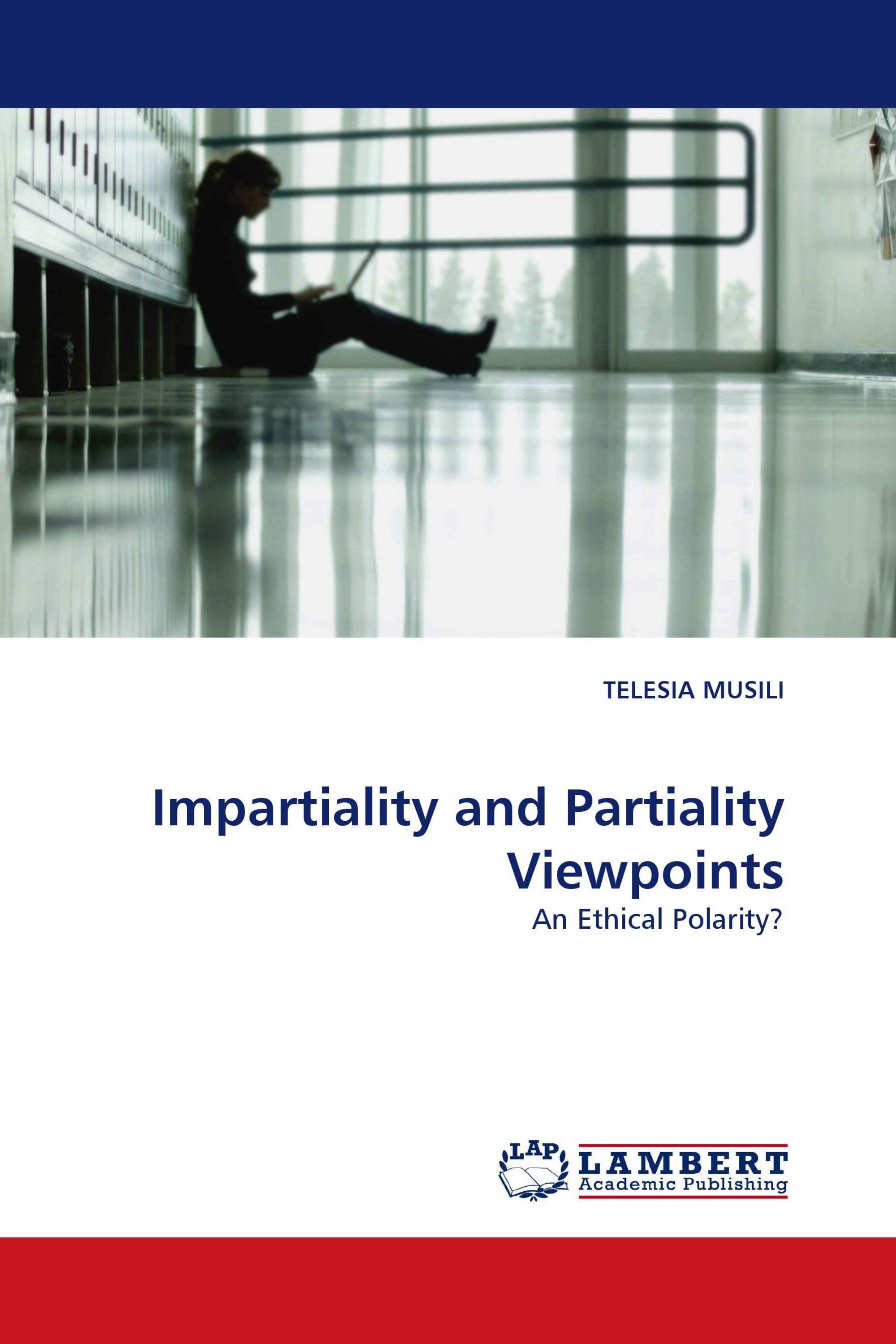Impartiality and Partiality Viewpoints
An Ethical Polarity?
LAP Lambert Academic Publishing ( 2010-05-18 )
€ 49,00
This work centers on the complexity of working with both partiality and impartiality moral viewpoints in the formation of ethical theories for moral judgment. These standpoints have to be understood as the personal and the impersonal, rather the partial and the impartial. This book attempts to reconcile the two standpoints. In view of Jesus teaching on love your neighbor as you love yourself, we argued that we have to love ourselves first before we extend our love to others. Self-awareness may be said to be a quality that all rational human persons have and the way in which it is exercised depends upon other qualities, which exist in them. This work involves the notion of ethics and morality as of primary importance to humanity. A person will become aware of himself/herself when and only when he/she succeeds or fails in relating himself/herself adequately to the rest of the humanity. Therefore, relationality allows us to talk of perfect ends that are ethically relational and to talk of ethics: both self-realization and encompassing every other person. In conclusion, these two viewpoints must complement each other since we are always in relation.
Book Details: |
|
|
ISBN-13: |
978-3-8383-0626-1 |
|
ISBN-10: |
3838306260 |
|
EAN: |
9783838306261 |
|
Book language: |
English |
|
By (author) : |
TELESIA MUSILI |
|
Number of pages: |
72 |
|
Published on: |
2010-05-18 |
|
Category: |
Religion / Theology |




